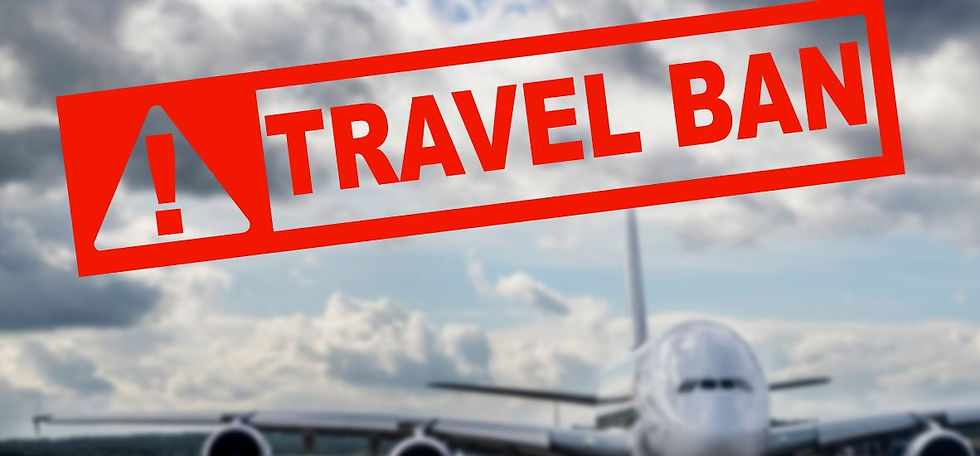Top 10 Mistakes to Avoid When Filing an Immigration Petition
- Patricia Elizee

- Dec 24, 2024
- 2 min read
Updated: Jan 6, 2025

Filing an immigration petition is a complex process, and small errors can lead to significant delays, rejections, or even denials. With the stakes so high, it's essential to approach the process carefully, avoiding common pitfalls. Here are the top 10 mistakes to avoid, along with tips on how to prevent them, ensuring your application has the best chance of success.
Eligibility Requirements: Ensure you meet the petition’s specific criteria. Filing for an ineligible relationship, such as a green card holder sponsoring a sibling, results in automatic denial.
Outdated Forms: USCIS often updates forms, so using the latest versions is essential. Always download forms directly from the USCIS website.
Incorrect Fees or Payment: Verify current fees and acceptable payment methods. Submitting the wrong fee or using an unapproved payment method can halt your application.
Missing Signatures: Each signature field must be filled accurately. Missing signatures are a frequent reason for immediate rejections.
Inconsistent Information: Ensure consistency across all forms, such as your name, birth date, and addresses. Discrepancies lead to delays and confusion.
Insufficient Supporting Documents: Applications typically require evidence, like marriage or birth certificates, to support claims. Omitting documentation can trigger Requests for Evidence (RFEs).
Lack of Certified Translations: If any documents are in a foreign language, they must include certified English translations to be accepted by USCIS.
Incorrect Mailing Address: USCIS addresses vary depending on the form type and your location. Verify the current address before mailing to avoid delays.
Using Unqualified Help: Unlicensed advisors or “notarios” often lack the expertise to handle immigration applications. Working with an attorney minimizes errors and maximizes accuracy.
Ignoring Requests for Evidence (RFEs): If USCIS requests additional information, respond promptly and thoroughly. Ignoring RFEs can lead to case denial.
An immigration lawyer can streamline your application by ensuring all paperwork is correctly completed and accurately supported with documentation. Lawyers are well-versed in up-to-date USCIS policies and procedures, minimizing delays due to technical errors. They can also guide you through RFEs or appeals, providing timely responses and advocacy for your case. By offering expertise, legal oversight, and strategic advice, an immigration lawyer ensures that your petition has the best chance of success without unnecessary delays.
Patricia Elizee is the managing partner of the Elizee Law Firm, an immigration law firm located at 1110 Brickell Avenue, Suite 315, Miami, Florida 33131. Phone: 305-371-8846. The law firm was established in 2012. Ms. Elizee earned her Juris Doctorate at the University of Miami School of Law and her Masters in Law from the University of Washington School of Law.


















Comments